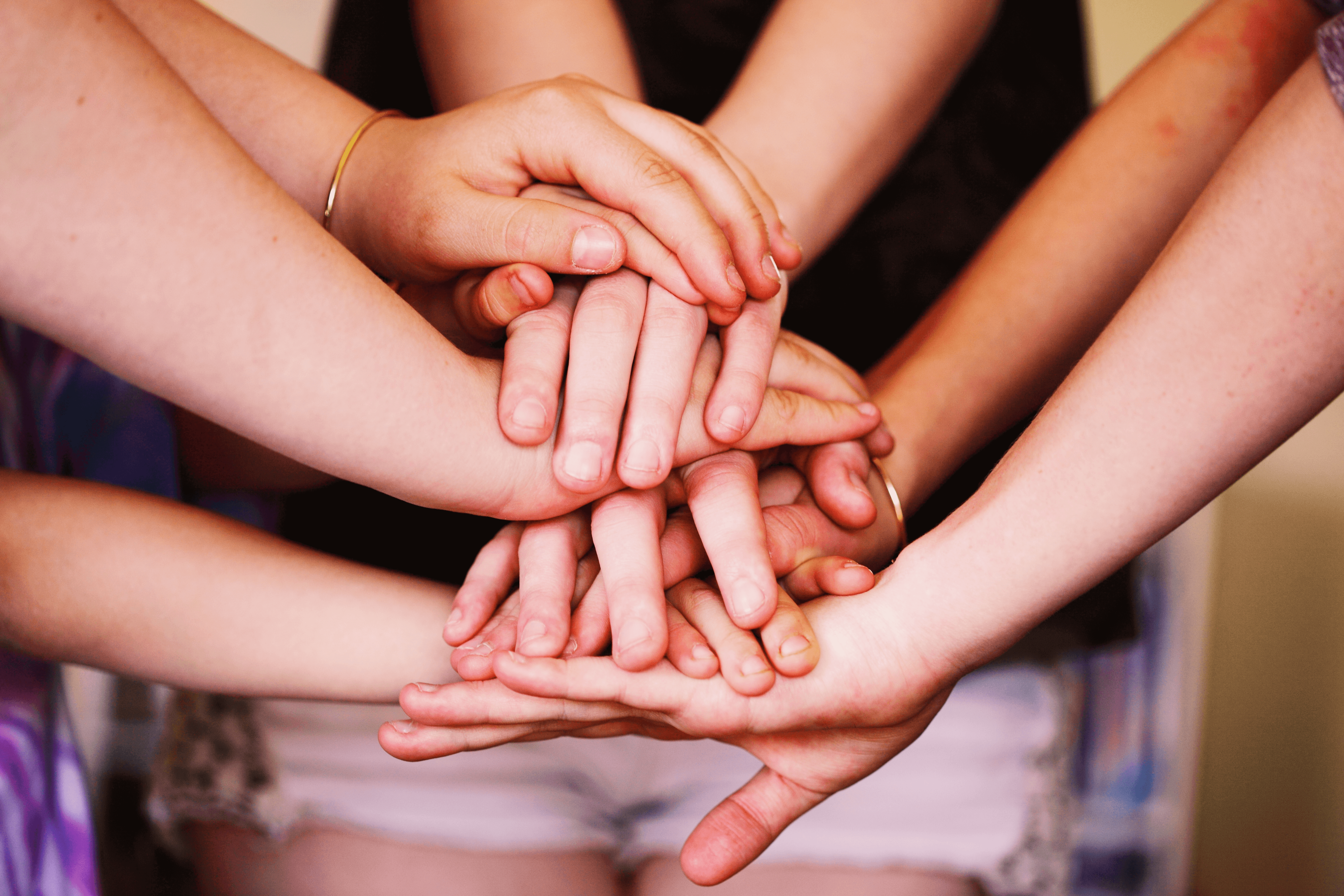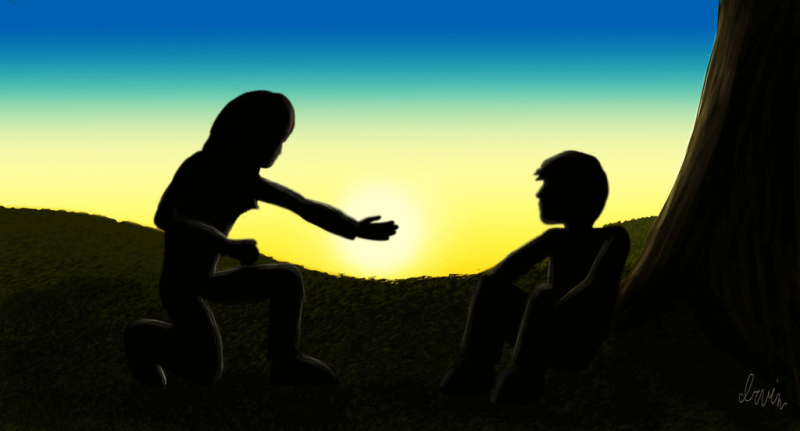This relates to a classic question in studies of human generosity: do we behave more selfishly when we aren’t being observed? There is a lot of research on this with mixed findings. The debate rages on, across the psychological and biological sciences, as well as in popular culture, about whether kindness can exist in a competitive world.
Yet, despite a common theme of dismissing the ethical teachings of many organised religions worldwide, one of the points of Yom Kippur, the Jewish day of repentance, is to help us learn to behave better regardless of who is watching. There’s an evolutionary beauty to the teachings of religions, which are the products of thousands of years of cultural change and refinement.
On Yom Kippur, many Jewish people spend much of — if not all — their day at synagogue. We fast and ask for forgiveness for the wrongs we’ve committed, and consider how we can improve ourselves. A major part of this is recognising the customs of gift-giving in Judaism, which are given the umbrella term tzedakah.
Tzedakah has several features that help to guide us around generosity. Strangely, however, some of these also accord with expectations from evolutionary theory, which defines altruism as something that is possible only when we don’t receive anything back — including adulation — for our charitable acts.
For example, there are, we’re taught, levels of better or worse giving. Donating publicly is a lower level, while one of the highest is giving when neither the giver nor the receiver knows the other’s identity.
It sounds like a trivial difference, but trying to give anyone anything anonymously is hard. (Have you tried?) We always have an impulse to tell others about our generous spirit, and fighting against that is combating our own evolutionary history, which encodes in us the desire for a good reputation just as much as a desire for attaining resources that help us to survive.

It’s no coincidence, for example, that when the anthropologist Polly Wiessner explored generosity in economic games among a group of hunter-gatherers, several asked her whether their donations really were anonymous.
We have a drive to keep others informed about — or to hide — our actions. And a set of principles derived from religious customs, such as tzedakah, helps us, in turn, to stifle those impulses.
Religious and cultural practices around the world offer similar guidance, helping humans to act in ways that benefit each other, rather than themselves and their families alone. The Bible’s golden rule — often formulated as “treat others as you’d like to be treated” — is an interesting example because it has developed, independently, in numerous societies around the world.
Formulating ethical guidance around empathy helps maximise generosity across society: we’d of course want help if we were in the same situation as a homeless person.
This doesn’t require organised religion. Hunter-gatherer groups, which better represent the circumstances our species evolved in, have many similar examples.
The Maasai people of Kenya practice osotua: relationships between people that operate based on need. When someone forms an osotua relationship (the term translates literally into English as “umbilical cord”) with another, they enter into an unwritten contract to help their partner in times of need.
Cultural evolution
Cultural evolution — the spread and change of information that isn’t encoded in our genes — helps to explain the ubiquity and complexity of these systems. Cultural changes are far faster than biology, allowing intelligent species like humans to develop behavioural adaptations for managing complex social environments.
The study of those changes has helped us to understand how we successfully spread around the world as cooperative groups. For example, biological evolution, including a reduction in testosterone, has helped humans be more cooperative, but cultural changes have accelerated this process.
Tzedakah, the golden rule, osotua, or any practice that helps to maintain good treatment of others in society, is the result of tens of thousands of years of cultural trial and error. The customs passed down over time are those that help us to thrive as cultural groups.
Moral philosophy has similar aims, though the major tenets of its different appearances — for example, Kant’s categorical imperative, which in part focuses on how we should accept only those rules that everyone should accept — result from the reasoned approach of one or many people.
Many of us are taught these views in schools and universities. But unlike the more ancient religious tenets, they aren’t often a part of our basic acculturation — though that doesn’t mean they have any less to offer us. Both moral philosophy and guidance from our religions have much to teach us about how to overcome our selfish natures.
Nearly 2,000 years ago, Aristotle wrote that to be ethical, we shouldn’t just follow a rule but aim to understand the purpose that rule serves. Evolutionary thinking illustrates that purpose clearly: cultural evolution helped us to conquer our selfish beginnings.
What’s been passed down helps each of us to live peacefully in the societies we’ve inherited. Dismissing these teachings on any biased grounds — disliking religion, for one — is likely to leave us all worse off. Try to understand rules before you ignore them — and next time you find a fiver on the ground, you might think about the ancient dilemma your discovery represents.
Jonathan R Goodman is a Researcher in Human Evolutionary Studies at the University of Cambridge. Find Jonathan on X @jonathnrgoodman
A version of this article was originally posted at the Conversation and is reposted here with permission. Any reposting should credit both the GLP and original article. The Conversation can be found on X @ConversationUS































